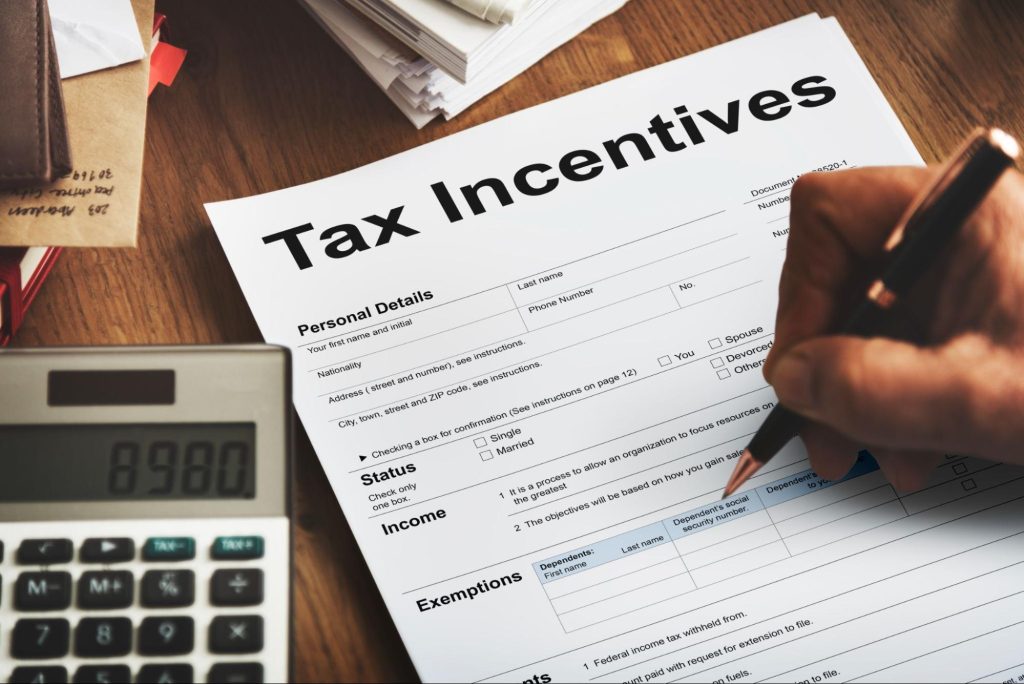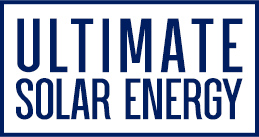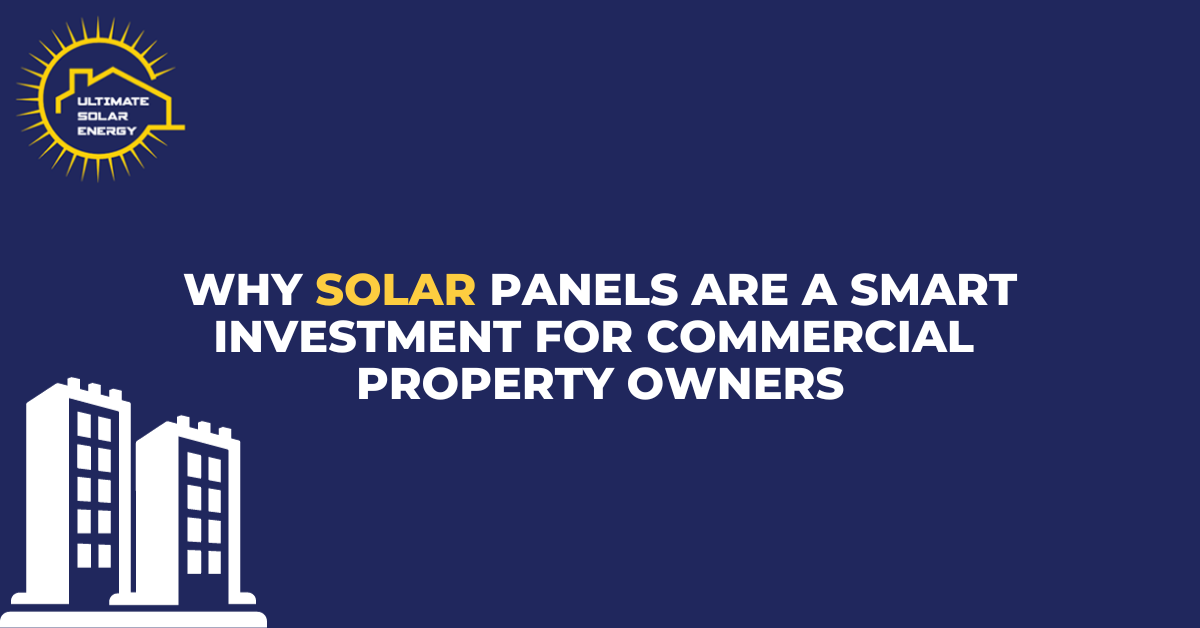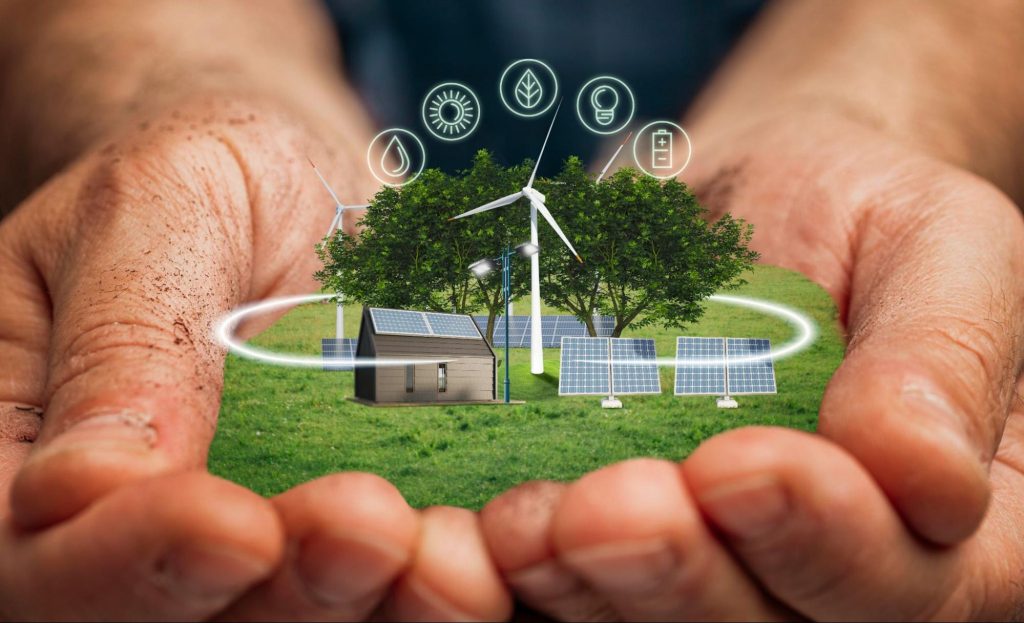Why Solar Panels Are a Smart Investment for Commercial Property Owners
Why Solar Panels Are a Smart Investment for Commercial Property Owners
Being a commercial property owner, you must be familiar with the burden of high utility expenses. Fortunately, various pocket-friendly solutions are available in the market, such as the most notable one amongst them are solar panels.
Solar PV system installation on commercial properties proffers considerable benefits, from reduced energy costs to government incentives. However, the initial investment might be substantial, but the long-term benefits far outweigh it. So, here are some outstanding benefits of integrating solar panels into your commercial property.
Types of Commercial Solar Power
| Type | Description |
| Less than 30 kW | Up to approximately 100 panels. |
| 39 kW to 60 kW | Systems with capacities between 39 kW and 60 kW. |
| Larger systems over 60 kW | Systems exceeding 60 kW in capacity. |
Commercial solar power systems, due to their larger scale, can accommodate more panels, thus generating more energy. This scalability proves advantageous for businesses with high energy demands or ample rooftop space for installation.
The installation of commercial solar power systems entails higher costs and more complex engineering requirements compared to residential systems. This is primarily attributed to the grid connection process and the necessity for grid protection units when the system exceeds 30 kW of linked inverter capacity.
Advancements in solar PV technology have significantly enhanced the efficiency of commercial solar cells. Australian commercial solar companies, for instance, have pioneered highly efficient commercial solar cells, achieving efficiency ratings of around 14 to 16 percent a decade ago. This increased efficiency enables businesses to maximize energy production from their commercial solar installations.

Commercial solar power offers various benefits to businesses, including substantial cost savings, enhanced environmental sustainability, and the potential for increased property value. It is imperative to select the apt equipment and collaborate with a reputable solar installer to ensure the durability and consistent performance of the system over time.
Benefits of Installing Commercial Solar PV Systems
Provide Renewable & Clean Power
One of the biggest advantages of solar PV systems is their clean and renewable power generation through photovoltaic cells. Unlike fossil fuels, this solar power reduces the emission of greenhouse gases and eventually decreases the chances of climatic damage. Owing to clean power production, numerous global governments are now calling on domestic and commercial sectors to opt for eco-friendly power alternatives like solar panels to protect the environment and lessen climatic pollution.
Offer Solar Rebates & Tax Incentives
Though solar PV systems are becoming common day by day, many commercial property owners are not aware of solar rebates, tax incentives, and other government support programs. Solar panels are smart investments as they boost solar users’ cash flow because of excellent ROIs. It is also a fact that solar PV systems setups require heavy investments that could be difficult for some commercial users. Fortunately, government solar loans and other support programs reduce expenses and now commercial property owners can avail of solar PV system setups.
Eco-friendly Solution With Business Growth
Since our planet has experienced floods, earthquakes, and other disastrous seasonal changes, it is our mutual responsibility to join hands for ecological conservation. Also, the good thing is that many potential clients get attracted to the businesses with a cause. So, solar panel setups are not only best for the environment but for commercial growth as well.
Easy To Maintain
Solar panels work on the latest technology, which is reliable and easy to maintain. Also, these panels are noiseless and easily accessible to users. Solar panels have shielding smooth surfaces that protect photovoltaic cells inside and cover them from open environment factors, like dust or winds. Due to their sturdy build, solar panels do not break easily, and once professional installers install them, solar PV systems ensure long-lasting and efficient functioning.
Reduce Overhead Expenses
All commercial businesses want to reduce overhead expenses, as these are beyond employee wages and operational materials. Overhead expenses are utilities, insurance, supplies, and property maintenance required to run businesses successfully. One considerable overhead cost that offers potential expense reduction is grid power bills.
In this scenario, a reliable and consistent energy supply is essential for seamless commercial operations. So, depending on location, electricity powers almost every aspect of commercial property, and commercial solar consumers rely on grid power to operate various equipment and machinery. Fortunately, solar PV systems are one of the outstanding ways to reduce energy bills with an eco-friendly approach. Solar panels offer a practical solution to curbing overhead expenses and stabilizing energy costs. Cherry on the top is these systems offer savings via excellent ROIs, feed-in tariffs, tax incentives, solar loans, and rebates.
Increase Commercial Property Value
Residential property owners are not the sole beneficiaries of improved property values. Commercial property owners can also enhance their estate value via solar PV system installation.
Many commercial property potential buyers are eager to invest in solar-powered buildings. Also, properties furnished with solar panels tend to have faster selling terms. As the global embrace of renewable energy sources continues, solar panels will maintain their strong appeal in the foreseeable future.
Leverage Solar Rebates & Loans
Despite the outstanding benefits of solar PV system installations, not every commercial property owner has huge finances to pay initial pricy costs for the systems. Fortunately, the initial investment is not a problem at all! Solar consumers, residential or commercial, can avail themselves of solar rebates and loans. Since the government supports consumers’ solar power transformation, solar panel installation has become convenient.
Solar panel installations often recoup their upfront expenses in less than a decade. Afterward, solar users will enjoy the benefits of free energy to power without extensive solar panel maintenance. High-quality solar panels have a long lifespan of at least three decades. So, all in all, solar PV systems are a highly profitable investment for commercial property owners.
Victoria Solar Rebates & Incentives – 2024
Victoria’s government offers a wide range of support initiatives for solar users as they aim to complete the transition to solar power and electric systems. Here are 7 Victoria solar rebates and grants:

- National Solar Subsidy: This incentive substantially reduces the upfront cost of purchasing solar panels. For instance, a 6.6kW system installation in Melbourne can lead to approximately a $1,950 discount in 2024. This subsidy is already integrated into the pricing of solar systems advertised in Victoria.
- Victorian Solar Panel Rebate: A subsidy of up to $1,400 is accessible for purchasing a solar power system, and it can be combined with the national solar rebate. Also, an interest-free loan option is available to aid in this transition.
- Solar Battery Loans: In the fiscal year 2023-24, there are 4,500 interest-free loans available, with a maximum amount of $8,800 per loan.
- Feed-in Tariff: This involves receiving payment for surplus solar energy exported to the mains grid by solar consumers’ solar systems.
- Electric Vehicles (EVs): Although the $3,000 subsidy for vehicles under a threshold of $68,740 was discontinued at the end of June 2023, more than 10,000 zero-emission vehicle (ZEV) subsidies were provided under this initiative. However, a $100 registration discount for EVs is still available.
- Hot Water Rebate: A rebate of $1,000 is offered for hot water heat pumps or electric-boosted solar hot water systems.
- Victorian Energy Upgrades (VEU) Program:
- Hot Water: In addition to the solar hot water rebate, the VEU program offers approximately $490 to replace a gas water heater with a heat pump, or about $1,050 to replace a conventional electric hot water system with a heat pump. Larger discounts are available if replaced with solar hot water systems.
- Reverse Cycle Air Conditioners: The VEU program provides subsidies ranging from $490 to $1,260 to replace a non-ducted gas heater with a non-ducted reverse cycle air conditioner, and about $2,170 to $2,240 to replace a ducted gas heater with a ducted reverse-cycle air conditioner. Subsidies are also available for replacing older and less efficient air conditioners.
Commercial Benefits of Solar Panels in Different Industries
| Industry | Benefits |
| Manufacturing | – Trim down energy bills
– Lessen reliance on fossil fuels – Ensure a consistent and dependable energy supply – Elevate corporate social responsibility |
| Healthcare | – Decreased energy expenditures
– Augmented environmental stewardship – Enhanced backup power support during outages – Increased resilience against fluctuating electricity costs |
| Schools | – Substantial energy reduction outlays
– Mitigation of environmental impacts – Positive role model for future generations – Integration into curriculum |
| Commercial Sector | – Reduced energy expenses, bolstering long-term profitability
– Mitigation of greenhouse gas emissions – Heightened energy security and autonomy – Amplified corporate eco-friendly image |
Commercial Solar Return on Investment Evaluation
System Performance Assessment
- Before evaluating ROI, assess the solar system’s performance.
- Consider factors like energy output potential, efficiency, and operational lifespan.
- Quality components and panel placement affect performance.
- Choose a reliable installer to maximize energy production.
Break-Even Calculation
Calculate the break-even point by considering:
- Upfront installation costs
- Government incentives or grants
- Expected annual energy savings
- The export limit for excess energy is fed back into the grid.
- Formula: Total Investment / Yearly Savings.
- Helps estimate the time to recover the initial investment.
Maintenance and Warranties
- Factor in maintenance costs and warranties.
- Regular maintenance ensures efficient operation, minimizing repairs and downtime.
- Longer system life leads to better financial returns.
- Check for comprehensive warranties from the manufacturer.
- Choose a company offering robust warranty coverage for long-term investment protection.
Is Solar Power Worth It?
When we talk about solar energy, we need to consider a few things. In the area where these solar systems are set up, there’s an issue with too much electricity flowing through the network. But don’t worry, the people in charge are working on fixing it. Despite this problem, the solar systems in the area still work, though they produce a bit less energy to keep the network safe.
Now, let’s look at the system we’re talking about. It’s doing really well—it produces way more energy than it uses. In fact, it makes about 1.7 times more energy than it needs, which is awesome! And it’s saving the person who owns it a ton of money on their energy bills. Plus, it’s helping the environment by reducing CO2 emissions, like taking thousands of cars off the road and planting thousands of trees.
The cool thing is that during the day, the solar panels soak up the sunlight and store it in batteries. Then, when it’s dark outside, they use that stored energy to power things like the pool pump and water heater. So, you can use electricity from the solar panels even when the sun isn’t shining.
This system lets you be super independent when it comes to energy. You can do a lot of stuff without relying on the electricity company, which is great because it means you’re not affected by rising electricity prices. Imagine being able to run your air conditioner all day without worrying about the cost!
But, just so you know, even with this awesome setup, there might still be times when you need to use a bit of electricity from the grid. That’s because sometimes the electricity demand is higher than what the solar panels and batteries can provide. But overall, having solar power is a smart move—it’s good for your wallet and good for the planet.
What Are the Downsides of Solar Energy?
Let’s talk about the not-so-great parts of solar energy. Every good thing has its drawbacks, right? So, what are they for solar?
One big downside is the upfront cost. Getting solar panels installed can be expensive in the beginning. But think of it like putting money into something that will pay off later. It’s an investment. You spend money now, and over time, you get back more than you put in.
Although it might seem like a lot of money at first, you can start saving on your energy bills pretty quickly, especially as energy prices go up. Also, there are solar rebates available in 2024 that can help make solar energy more affordable.
Another downside is that solar energy relies on the weather. If it’s cloudy or shaded, the panel’s efficiency will decrease as well. But you can help by keeping the panels clean from dirt and debris.
Some people worry about the environmental impact of making solar panels. But compared to other ways of making energy, like burning fossil fuels, making solar panels is better for the environment. So, while it’s something to think about, it’s not a huge problem compared to the benefits of using solar energy.
Final Thoughts
It is a fact that investing in solar panels for commercial properties is a profitable choice. Solar PV systems offer an exciting combination of environmental benefits, cost savings, and long-term profitability, making these panels a sustainable and smart investment for commercial property and businesses.
At Ultimate Solar Energy, we make your decision-making process so simple. We design customized solutions based on your requirements, using only the most premium products.
Get a Free Quote now!
Frequently Asked Questions (FAQs)
1. What determines the costs of commercial solar systems?
The cost varies based on factors like system size, location, and type of PV panel. For premium systems ranging from 30kW to 100kW, costs are approximately £590 – £765 ($1,000 – $1,300) per kW. It’s crucial to consider both upfront investment and potential maintenance costs.
2. How can businesses benefit from solar rebates?
Businesses can leverage governmental incentives such as Small Technology Certificates (STCs). Owners of solar systems under 100kW can receive STCs, which can be sold for cash, often used to offset the initial installation cost.
3. Which are the top commercial solar installers in Australia?
Australia hosts numerous reputable commercial solar installers. One established provider is Smart Commercial Solar. It’s essential to research and compare offerings to find the best fit for business needs.
4. What factors determine the best solar panels for commercial use?
Factors include panel efficiency, cost, durability, and warranty. Consider the system’s performance under various weather conditions, as well as the manufacturer’s reputation and industry expertise.
5. How is the commercial solar market expanding in major cities like Sydney and Melbourne?
Major Australian cities, including Sydney and Melbourne, witness significant growth in the commercial solar market due to increased awareness of environmental and cost-saving benefits. Businesses adopt solar energy as a key part of sustainability and energy-efficiency strategies.
6. What is the process for commercial solar installation and maintenance?
The process involves an initial consultation with a reputable provider, followed by site assessment, customized system design, and installation by certified professionals. Regular maintenance, including cleaning, monitoring, and inspection, ensures optimal system performance.


